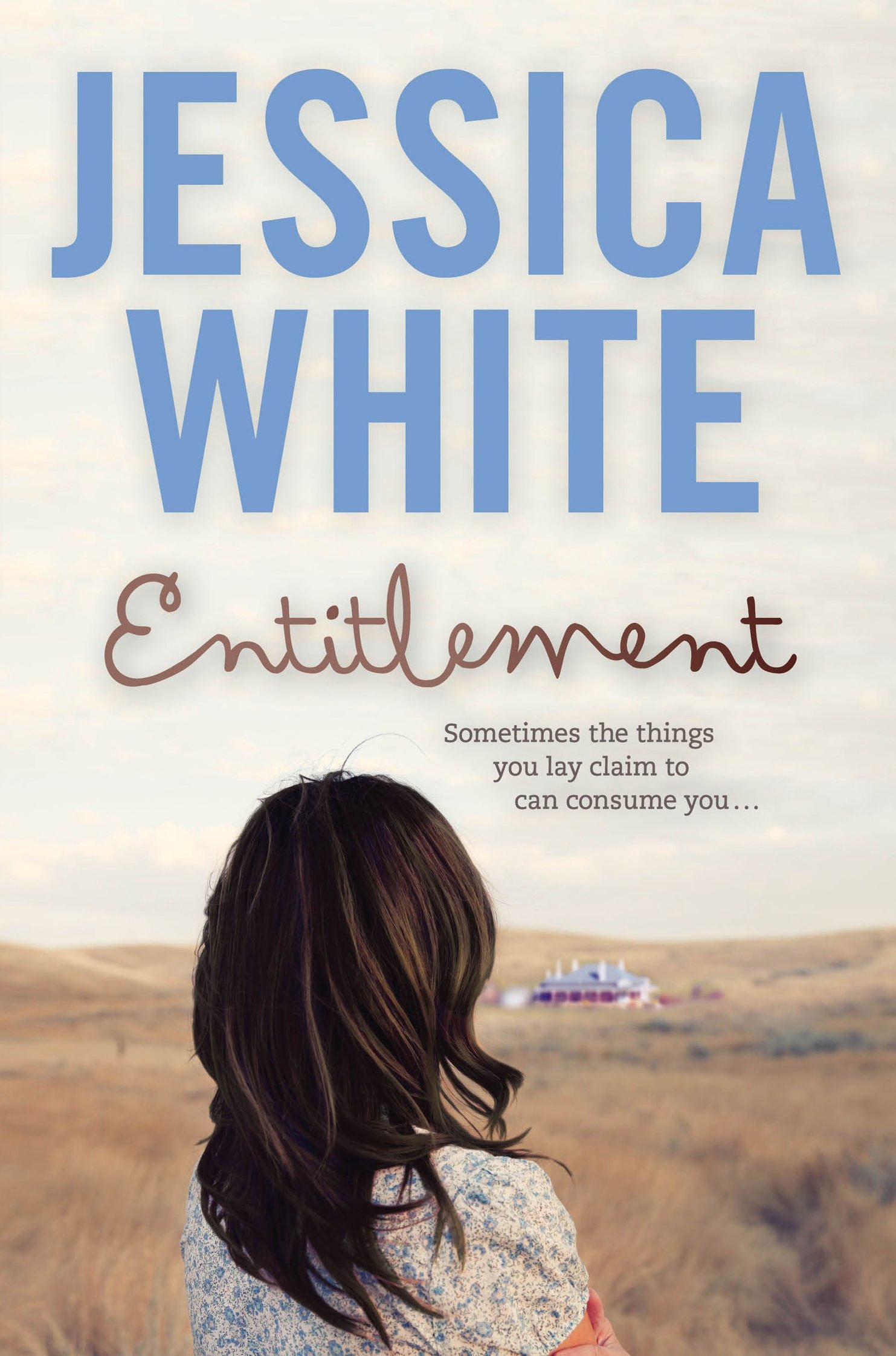ECOBIOGRAPHICAL ESSAYS
Jessica White has been deaf since she was four years old. Through ecobiography, which dwells on a person’s interaction with their ecosystem and how this shapes their sense of self, she considers how deafness encouraged and moulded her relationship to the natural world. Unable to hear easily, she became observant, exploring her environments through the tactile and olfactory. In these poetic essays, she describes her responses to bodies of water, the university, the archive, the bush, and the quietened realm of the pandemic. She writes of burnt trees amidst the devastating loss of her mother. She finds a flock of deaf women writers who help her fly. White reveals that deafness, although it brings fatigue and isolation, is also a portal to a rich, contemplative, and creative life.
Forthcoming in October 2025. Preorder from Upswell Publishing.
HYBRID MEMOIR
Hearing Maud is a hybrid memoir that details the author’s experiences of deafness after losing most of her hearing at age four. It charts how, as she grew up, she was estranged from people and turned to reading and writing for solace, eventually establishing a career as a writer.
Central to her narrative is the story of Maud Praed, the deaf daughter of 19th century Queensland expatriate novelist Rosa Praed. Although Maud was deaf from infancy, she was educated at a school which taught her to speak rather than sign, a mode difficult for someone with little hearing. The breakup of Maud’s family destabilised her mental health and at age twenty-eight she was admitted to an asylum, where she stayed until she died almost forty years later. It was through uncovering Maud’s story that the author began to understand her own experiences of deafness and how they contributed to her emotional landscape, relationships and career.
AWARDS
Winner, Michael Crouch award for a work of debut biography
Shortlisted, Nonfiction category of the Prime Minister’s Literary Awards
Shortlisted, National Biography Award
Shortlisted, Queensland Premier’s Award for a Work of State Significance
Shortlisted, People’s Choice Award at the Queensland Literary Awards
The writing, unsentimental and unobtrusive, beautifully evokes White’s life: a sunny Australian farm childhood, miserable London winters, the challenges of her journey to understand Maud. There are shrewd insights into the history of deafness and its treatments, the ideological battles between signing and oralism and sign language’s relationship to the emergence of the telegraph and the fad of automatic writing. But we are also left with a sense of exhaustion: how gruellingly hard it is to be deaf, an often invisible disability in a hearing world. This is simultaneously a contribution to the history of nineteenth-century women’s lives, a revelatory study of deafness, and a fine work of Australian life writing.
Judges’ comments, Michael Crouch Award
It is exciting to read a book that demonstrates a writer exploring her own past, the lives of other women, and the history of deaf education to construct her identity and to ‘come out’ proudly as a deaf woman. Hearing Maud makes a major contribution to Australian literature written by people with lived experiences of disability and deafness, while also being an engrossing work of creative non-fiction and a personal story of great poignancy and authenticity.
Rachel Robertson, Australian Book Review
Towards the end of Jessica White’s Hearing Maud – in which the author bares a great deal of herself – White explains she wants readers to understand how difficult it is being deaf, still, and how hard people with disability must work.
It seems like an act of emphatic generosity, then, for White to publish the story she offers here. “All writing, all art, is an act of faith,” Truman Capote said. “… Any work of art, provided it springs from a sincere motivation to further understanding between people, is an act of faith and therefore is an act of love.” For White, who lost most of her hearing after contracting meningitis at four, this is also a demonstration of divine empathy.
Louise Swinn, The Saturday Paper
Hearing Maud is also available as an audio book, narrated by Katherine Tonkin.
FICTION
Eight years after the mysterious disappearance of her much-loved brother Eliot, Cate McConville finally returns to her family farm – only to discover that her ageing parents want to sell up and sever her only remaining link to him.
Torn between her childhood memories and the present, Cate reconnects with an Indigenous employee of her father's, Mellor, who becomes crucial to the resolution of her dilemma.
The novel examines tangled destinies of individual identity, family, community and land, all in an engaging, if at times, bleak story. White is adept at bringing this troubled atmosphere to life: Cate and her parents’ pain is palpable and convincing. Cate. Eliot, their parents, Mellor and Finchley are all multidimensional, complex and intriguing characters.
Natasha Molt, The Canberra Times
In the 1870s two remarkable women meet in a remote country town in Western Australia. Ingrid is hundreds of miles from home, trying to distance herself from a broken heart after her lover was forced to marry. Ellyn is a young woman living in stark isolation and driven close to madness by the death of her baby daughter. Ellyn's husband is away indefinitely, and she's had no word from him. When the two women meet, they forge a bond that grows ever deeper. But can their intimacy find acceptance in their conventional world?
AWARDS
Sydney Morning Herald Best Young Novelist Award
Shortlisted, Dobbie award for debut women writers
Shortlisted, Western Australian Premier’s awards
Longlisted, international Dublin Literary Award
White ventriloquises 19th century English with precocious sureness and, at its best, her descriptive prose is rhythmic, vivid, sensuous. The theme of naming - the invisibility of things that cannot be named, the way naming something makes it real - is successfully handled.
Judges’ report, The Sydney Morning Herald




